Benefits of the Dynamics 365 Project Management and Accounting Module for the Service Industry
Posted on: March 27, 2020 | By: Guy Logan | Microsoft Dynamics AX/365
The service industry can often operate with basic accounting tools to meet their needs, but the right ERP system can make their business flourish. Microsoft Dynamics 365 for Finance and Supply Chain Management has a Project Management and Accounting module which can be utilized to make the initiation, execution, and analysis of projects much easier. With the help of these tools, businesses can save time and produce accurate analysis.
A project is divided into three phases for the project management and accounting module:

Initiate Project:
During this phase, Microsoft Dynamics offers features to create a smooth beginning for the project. The feature that helps create project contracts is especially useful in communicating transactions with customers. For example, if you are working with a customer that you have established many contracts with, this feature would assist in readily communicating with that customer on every invoice sent in relation to the specific contract that both parties are aware of. Each party can now easily track activity against the contract as it relates to the budget and timeline.
Additional features in this phase include:
- Create project quotations
- Create breakdown structures
- Create project forecasts and budgets
- Create projects in relation to the different purpose of individual projects. With the consideration of cost and revenue recognition, users can choose between time and material, fixed-price, investment, cost, internal, and time projects.
Execute Project:
In this phase, a user’s ability to procure products and services and to process project invoices to customers allows the user to inherently track all expenses and revenues against a given project contract with a customer. These features allow the user to track both internal and external customer budgets for the services performed for them. For example, users can easily track purchases from vendors against the exact contract and in turn pass along the expense via invoice to the customer. Additionally, the ability to track all invoices to customers can allow for clearer internal tracking of the amounts spent on contracts. This, in turn, allows for a greater transparency/visibility on budgets vs. Actuals.
More features include:
- Manage work breakdown structures
- Manage project forecasts and budgets
- Create production orders
- Calculate the cost to complete a project
Analyze Project:
In the analysis phase, this tool makes it easy to track all the activity against a contract. This, in return, makes the analysis of cash flows much more organized and accurate. If all purchases and customer invoices are tracked against the individual project contract, users have an accessible way to see and report on all costs and sales. It is then simpler to analyze the profitability of the project. If sales end up being less than costs on a given project, certain decisions can easily be made on how to proceed to make current or future projects more profitable.
More features in this phase include:
- Review cost
- Analyze utilization
- Review project statements
Logan Consulting
If you are interested in understanding more about the Project Management and Accounting feature for Microsoft Dynamics 365, please feel free to reach out to us at info@loganconsulting.com or (312) 345-8817.
Logan Consulting is a professional services firm committed to helping businesses improve business processes to get the most from their ERP investments.
